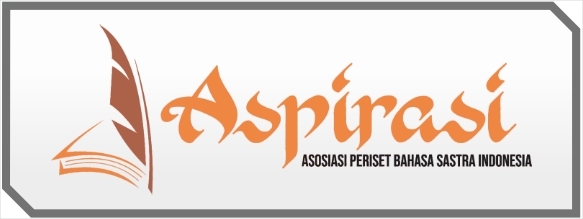Habitus Mempengaruhi Gaya Hidup Dan Identitas Sosial Mahasiswa Universitas Negeri Jakarta Menurut Perspektif Bourdieu
DOI:
https://doi.org/10.59581/jmpb-widyakarya.v2i2.3378Keywords:
Habitus, Lifestyle, Social Identity, Cultural PreferenceAbstract
This research examines the influence of habitus on the lifestyle and social identity of Jakarta State University students through Pierre Bourdieu's perspective. Habitus, as a set of internal dispositions resulting from interactions with social structures, plays an important role in shaping individuals' mindsets, values and preferences. This research focuses on how factors such as socio-economic background, family education, friendship experiences, and interactions with peers and lecturers influence the formation of students' habitus. Furthermore, it explores how habitus influences lifestyles, including consumption patterns and cultural preferences, as well as social identities that shape students' self-perceptions within the context of a particular social group. Through a qualitative approach, this study aims to understand the relationship between habitus, lifestyle, and social identity of students, as well as the implications of these findings for the development of educational policies in the campus environment.
References
Bourdieu, P. (1984). Distinction: A Social Critique of the Judgement of Taste. London: Routledge.
Fashri Fauzi. (2014). Pierre Bourdieu. Menyingkap Kuasa Simbol. Yogyakarta: Jalasutra.
Haryatmoko. (2016). Membongkar Rezim Kepastian Pemikiran Kritis Post Strukturalis. Yogyakarta: PT Kanisius.
Hidayat, W. (2021). Gaya Hidup Masyarakat Perkotaan (Studi Kasus Terhadap Pelanggan Warung Ko Novitasani, L. (2014). Perubahan gaya hidup konsumtif pada mahasiswa urban di UNESA. Paradigma, 2(3).pi di Kota Makassar). (Doctoral dissertation, Universitas Hasanuddin).
Soetjiningsih. (2012). Tumbuh kembang Anak. Jakarta: EGC.
Downloads
Published
How to Cite
Issue
Section
License
Copyright (c) 2024 Jurnal Motivasi Pendidikan dan Bahasa

This work is licensed under a Creative Commons Attribution-ShareAlike 4.0 International License.














